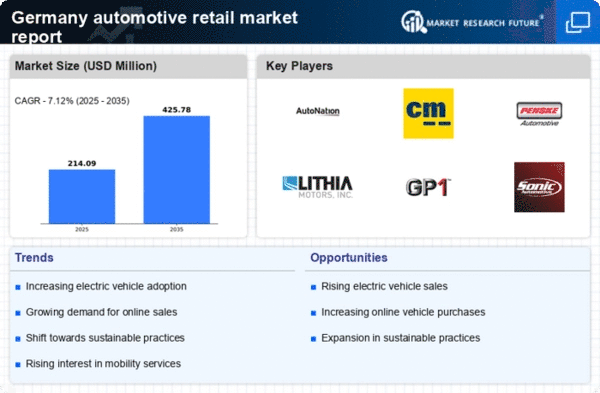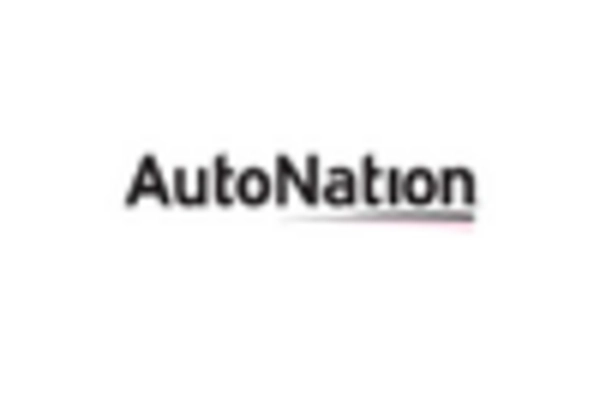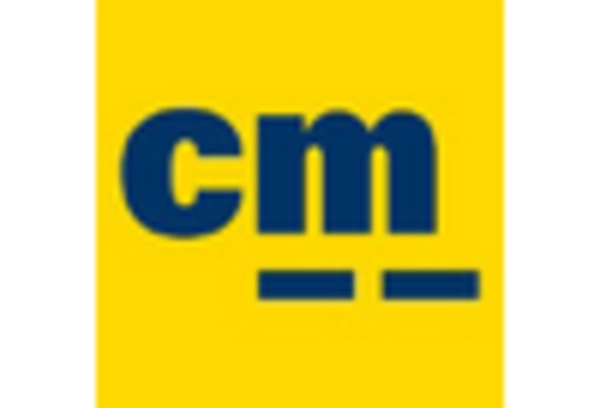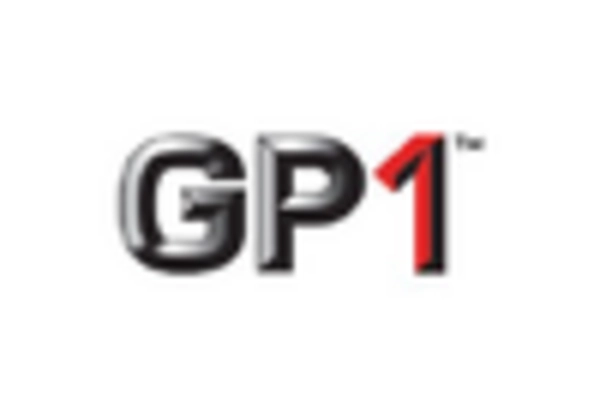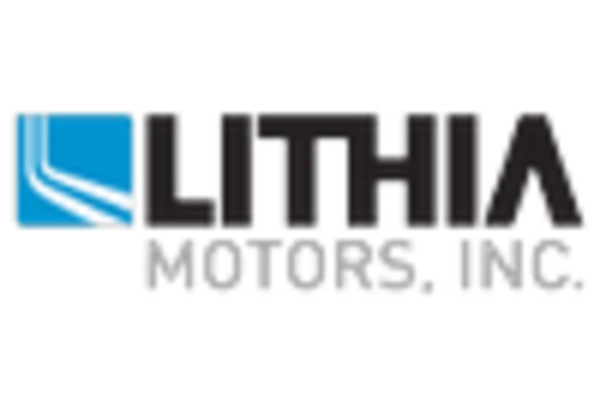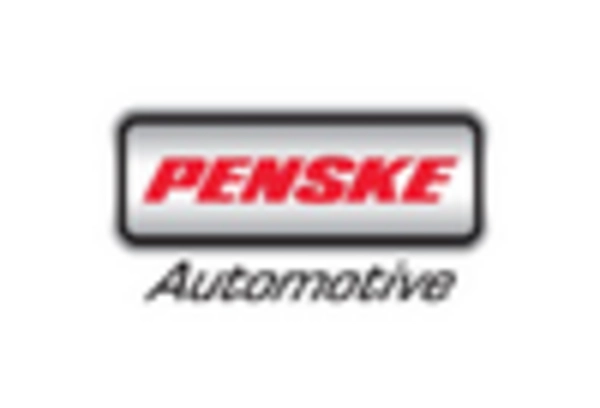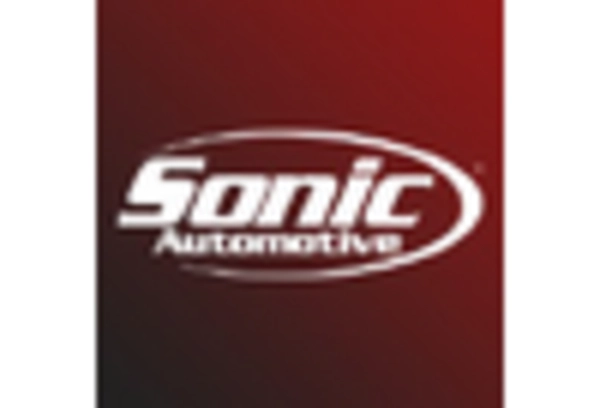Economic Factors
Economic factors play a crucial role in shaping the automotive retail market in Germany. The current economic climate, characterized by fluctuating interest rates and inflation, influences consumer purchasing power and financing options. In 2025, it is anticipated that the average transaction price for new vehicles will reach €35,000, which may deter some buyers from making significant purchases. Consequently, automotive retailers are likely to adjust their pricing strategies and offer more competitive financing solutions to attract customers. Additionally, the overall economic growth in Germany, projected at 2% for the year, may bolster consumer confidence and spending in the automotive sector. Retailers must navigate these economic dynamics to optimize their sales strategies and inventory management.
Regulatory Changes
Regulatory changes are a significant driver affecting the automotive retail market in Germany. The government is implementing stricter emissions regulations aimed at reducing carbon footprints and promoting cleaner technologies. By 2025, it is expected that all new vehicles sold must comply with the Euro 7 emissions standards, which will require automotive retailers to adapt their inventories accordingly. This regulatory environment compels retailers to prioritize the sale of low-emission and electric vehicles, aligning with national and EU-wide sustainability goals. Furthermore, compliance with these regulations may necessitate additional training for sales staff to ensure they are well-versed in the features and benefits of compliant vehicles. As such, the automotive retail market must remain agile in response to these evolving regulatory landscapes.
Sustainability Initiatives
The automotive retail market in Germany is increasingly influenced by sustainability initiatives. Consumers are becoming more environmentally conscious, leading to a growing demand for eco-friendly vehicles. In 2025, approximately 30% of new car registrations are expected to be electric or hybrid models, reflecting a shift towards greener alternatives. This trend compels automotive retailers to adapt their offerings and marketing strategies to align with consumer preferences for sustainable options. Additionally, government regulations promoting low-emission vehicles further drive this transformation, as manufacturers and retailers must comply with stringent emissions standards. Consequently, the automotive retail market is witnessing a significant shift in inventory management and sales strategies to accommodate the rising demand for sustainable vehicles.
Technological Advancements
Technological advancements are reshaping the automotive retail market in Germany. Innovations such as advanced driver-assistance systems (ADAS) and autonomous driving technologies are becoming increasingly prevalent. In 2025, it is estimated that around 40% of new vehicles sold will feature some form of ADAS, enhancing safety and driving experience. This technological evolution necessitates that automotive retailers invest in training their sales personnel to effectively communicate the benefits of these features to potential buyers. Furthermore, the integration of artificial intelligence in customer service and inventory management is streamlining operations, allowing retailers to provide a more personalized shopping experience. As technology continues to evolve, the automotive retail market must adapt to meet the expectations of tech-savvy consumers.
Changing Consumer Preferences
Changing consumer preferences are significantly impacting the automotive retail market in Germany. The younger demographic, particularly millennials and Gen Z, is increasingly favoring mobility solutions over traditional car ownership. This shift is reflected in the rising popularity of car-sharing services and subscription models, which are projected to grow by 25% in the next few years. Automotive retailers are responding by diversifying their offerings to include flexible ownership options, catering to the evolving needs of consumers. Additionally, the demand for connected vehicles, equipped with smart technology and seamless integration with mobile devices, is on the rise. This trend indicates that automotive retailers must stay attuned to consumer desires for convenience and connectivity to remain competitive.


